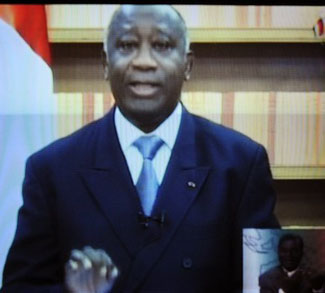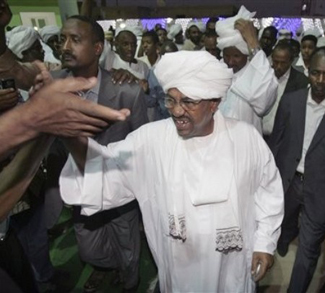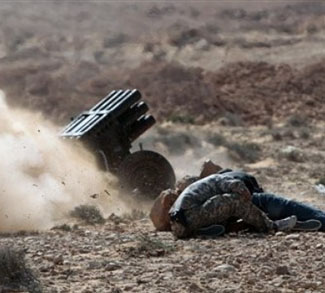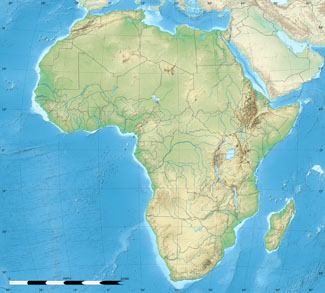Electoral deadlock in the Ivory Coast is threatening to once again cast the world’s largest cocoa producer into a spiral of civil war.
The current political situation in the Ivory Coast is typical of a country teetering on the brink of civil war. On one side there is the incumbent President Laurent Gbagbo, who draws support from the south and has the loyalty of most of the country’s 17,000-strong Defense and Security Forces. On the other side stands Alsassane Ouattara, who has the support of the north-based New Forces and has been recognized by the international community as the legitimate winner of December’s election. In this case, the prospects for a negotiated solution are particularly bleak, as December’s election was the long-awaited result of over five years of negotiations and delaying tactics on the part of Mr. Gbagbo. Neither side believes the other will negotiate in good faith, and both control their own security forces; in short, a recipe for renewed armed conflict.
The sizeable United Nations peacekeeping force of 7,576 blue helmets is the only thing stopping open conflict, as they have managed to cordon off the hotel that Mr. Ouattara has made into his headquarters in Abdijan. The United Nations finds itself in a somewhat compromised position in all this. The UN initially endorsed the Electoral Commission’s results that pointed to a victory for Mr. Ouattara. However, these results were soon nullified under suspicious circumstances by the pro-Gbagbo Constitutional Council. Mr. Gbagbo then swiftly moved to expel the UN mission from Ivory Coast while his mandate as president still granted him the power to do so. Caught in a legal quagmire, for the UN charter requires the host state’s consent to deploy peacekeepers, the Security Council quickly voted to extend the peacekeeping mission’s mandate until June 30th.
While the legalities underpinning the peacekeeping deployment will remain blurred, the situation on the ground finds the UNOCI deployment in very real danger. Currently, they are the only military force standing between Mr. Ouattara and the Defense and Security Forces that dominate the south. Mr. Gbagbo’s latest speech made it exceedingly clear that he considers himself the legitimate president of the Ivory Coast, and all he needs to do is advance on the Golf Hotel to trigger a new conflict.
Fortunately, there are some signs that such a move won’t be forthcoming. While it’s easy for Gbagbo to write off Western criticism as biased foreign interference, some of Ivory Coast’s regional neighbours have been quite vocal in calling for him to step down. The United States has also been quick to slap personal sanctions on Gbagbo and 30 of his closest allies. In the end, it’s possible that Gbagbo will pull back from the brink due to a simple lack of foreign suitors.
Ongoing political instability in Ivory Coast will impact global cocoa prices as the country accounts for nearly 40 percent of global production. Prices have already started a precipitous rise, though it should be noted that exports of cocoa continued during the last time Ivory Coast fought a civil war in 2002-2003.




